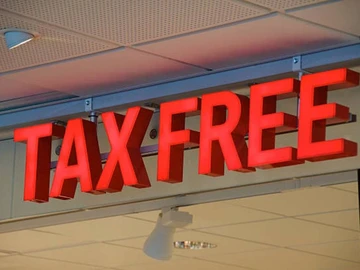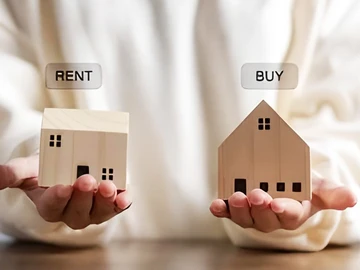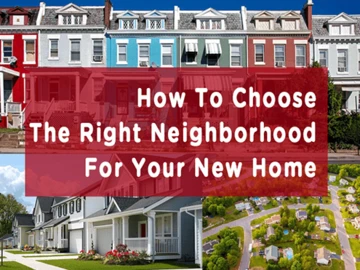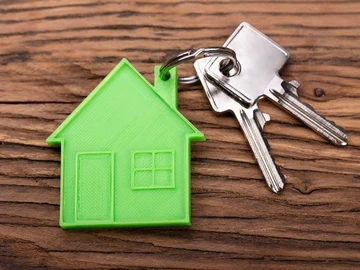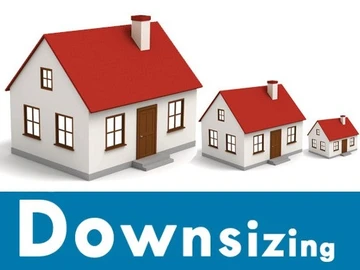In recent years, the real estate market has witnessed a significant shift towards gated communities. These secure and exclusive neighbourhoods have become increasingly popular, sparking both interest and controversy. As we delve into the rise of gated communities, we'll explore their benefits, drawbacks, and the reasons behind their growing appeal.
Defining Gated Communities
Gated communities are residential areas with restricted access, typically secured by gates, fences, and surveillance systems. These neighbourhoods often feature amenities like clubhouses, swimming pools, parks, and playgrounds, creating a self-contained environment for residents. Gated communities can range from small, intimate developments to large, sprawling estates, catering to diverse demographics and income levels.
Benefits of Gated Communities
So, what's driving the demand for gated communities? Here are some key advantages:
1. Security: The primary draw of gated communities is enhanced security. With controlled access and 24/7 surveillance, residents feel safer and more protected from potential threats.
2. Privacy: Gated communities offer a sense of seclusion and privacy, allowing residents to maintain their personal space and avoid unwanted intrusions.
3. Amenities: These neighbourhoods often feature luxurious amenities, such as swimming pools, fitness centres, and community events, which foster a sense of community and exclusivity.
4. Property Values: Gated communities tend to maintain higher property values due to their secure and well-maintained environments, making them an attractive investment for homeowners.
5. Lifestyle: Gated communities offer a unique lifestyle, with many developments incorporating green spaces, parks, and recreational areas, promoting a relaxed and peaceful atmosphere.
Drawbacks of Gated Communities
While gated communities have their advantages, they also raise concerns:
1. Exclusivity: Critics argue that gated communities perpetuate social segregation and exclusivity, reinforcing economic and racial divides.
2. Isolation: Some residents may feel disconnected from the wider community, leading to a sense of isolation and disengagement.
3. Cost: Gated communities often come with higher price tags, including homeowners' association fees, which can be a burden for some residents.
4. Limited Access: The restricted access can be inconvenient for visitors, delivery services, and emergency responders.
The Rise of Gated Communities
So, why are gated communities gaining popularity? Several factors contribute to their appeal:
1. Urbanisation: As cities grow and become more densely populated, people seek refuge in secure and peaceful environments.
2. Crime Concerns: Rising crime rates and safety concerns drive demand for secure living spaces.
3. Demographic Shifts: Changing demographics, such as ageing populations and growing families, lead to increased demand for low-maintenance, secure living options.
4. Technological Advancements: Improved security systems and smart home technology make gated communities more attractive and convenient.
Conclusion
Gated communities have become a significant trend in the real estate market, offering a unique blend of security, privacy, and luxury. While they raise concerns about exclusivity and isolation, their appeal lies in their ability to provide a peaceful and secure environment for residents. As we continue to analyse the rise of gated communities, it's essential to consider the complex factors driving their popularity and the implications for our communities.
 Continue with Facebook
Continue with Facebook
 Continue with Email
Continue with Email





